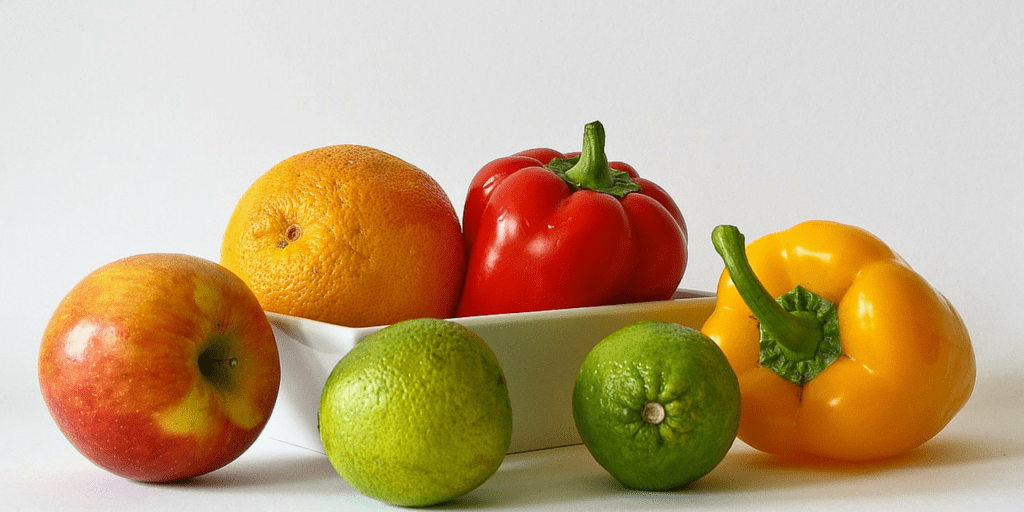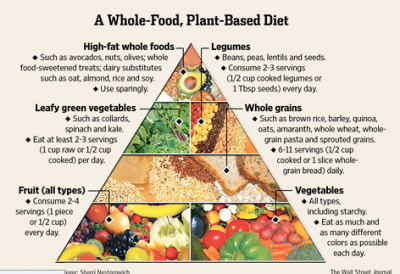As I recently shared, I’m currently transitioning towards a plant-based diet. My decision to do so was by and large for cardiovascular health concerns. Studies show that those on a plant-based diet are half as likely to be diagnosed with heart disease as well a whole list of issues. Since I’ve made the switch, I’ve gotten a lot of surprise from friends, family, and even clients. Fitness and exercise is my bread-and-butter. I workout everyday and help others achieve the fitness outcomes that they’re shooting for. So when I casually let slip that I’m doing so on a plant-based diet, the general reaction I get is generally like

Sometimes like

And occasionally like

Needless to say, people don’t get it. How could a plant-based diet provide me with the proper amount of protein for my physically rigorous lifestyle?!? Even more, a lot of people imagine how meat could actually be harmful for you.
Now, I’m not trying to tell anyone how to eat. I have specific reason for switching to a plant-based diet. If you would like to continue eating meat, awesome. To help explain my rationale for a plant-based diet, I’ve pointed a number of folks to the below video by Dr. Greger, author of the New York Times Bestseller How Not to Die:
As a rule of thumb, excess cellular growth is not so good for the body. The more times a cells copies itself, the more likely a cell is to get incorrectly copied, and the more likely we are to receive tumors, which may be indicative cancer. Heavy, I know. The thing is that many individuals, like myself, aim for extra cellular growth in the form of gaining muscle mass.
Those who eat a plant-based diet are known to exhibit less of the growth hormone IGF1. This is great because it’s correlated with a decreased risk in cancer, but at the same time it would seem that less of a growth hormone would make building muscle mass an unreachable goal. As it turns out that this isn’t the case.
For more information on Plant-based diets, check out this piece in
Thanks for viewing! If you have any thoughts or comments, feel free to drop me a line.

